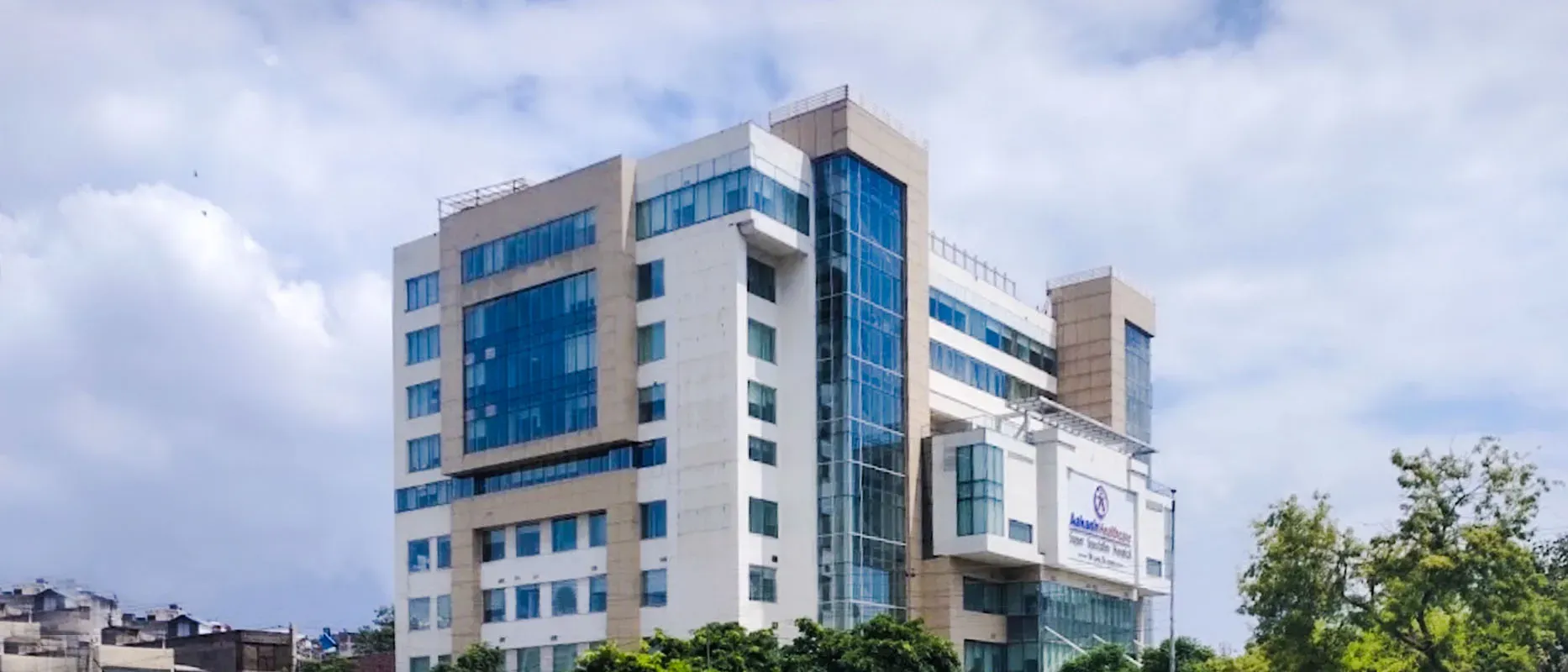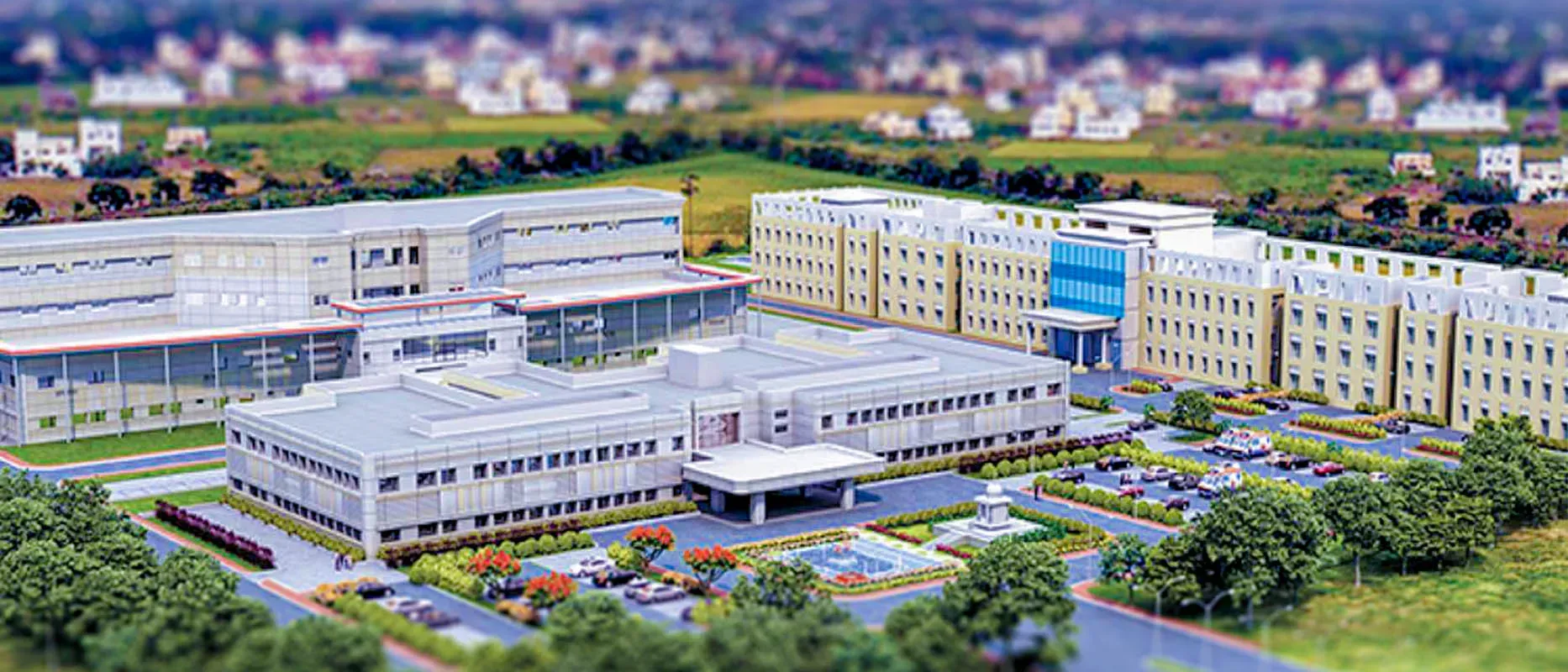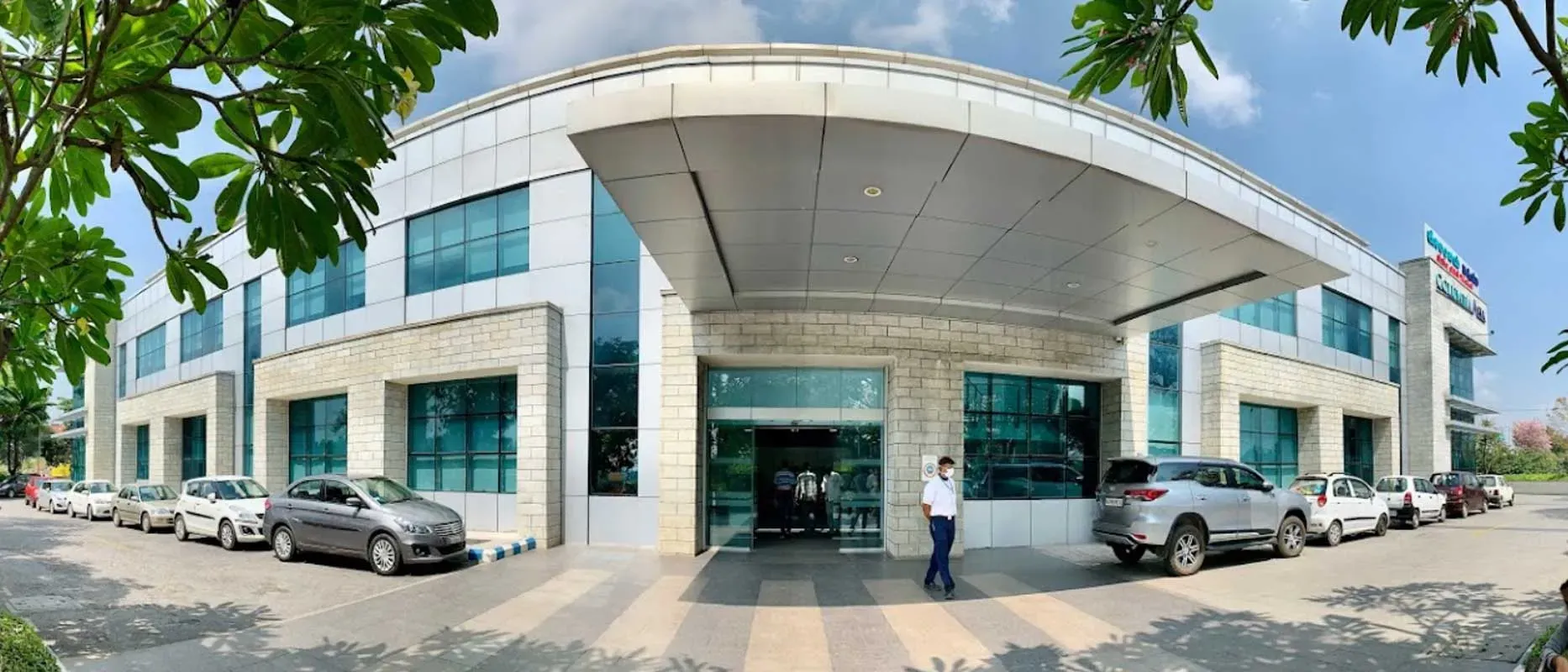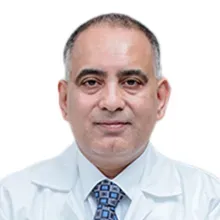Overview of Blood Cancer Treatment India
The involvement of cancer cells in blood leads to many types of blood cancers. The main three groups are multiple myeloma, leukemia and lymphoma. And these types are further divided into their subtypes according to their presentation. The symptoms associated with each type are usually not very different from each other and it is difficult to differentiate them only on the basis of signs and symptoms. Symptoms range from mild allergy to severe complications according to the stage of disease. Staging the disease is based on several different factors like total blood count, healthy normal cells count, bone damage and organ involvement. The cancer cells formed in the bone do not behave like normal and hence produce negative effects on the body. India is the third largest country in which blood cancers are reported. Estimated 70,000 men and women are suffering from the blood cancer with the highest rate in lymphomas. And approximately 1,00,000 cases are reported every year. Poor hygienic conditions in low-income countries and use of excessive chemical substances as in cigarette smoking are the very major risk factors. 60-90% of patients suffering from blood cancer survive in India but it is according to the stage of cancer.
Types of Blood Cancer Treatment India
Types of treatment for blood cancers:
The following are the blood cancer treatments that are used in clinical settings:
-
Chemotherapy
-
Immunotherapy
-
Radiation therapy
-
Bone marrow transplantation
-
Blood transfusion
-
Targeted drug therapy
-
Chemotherapy:
These strong medicines may be given to kill blood cancer cells. Chemotherapy is used to treat cancer and may slow its spread. However, it also affects healthy cells, which may have adverse effects.
-
Immunotherapy:
For the treatment of blood cancer, the drugs attack the environment of the cancer, it strengthens your immune system. Immunotherapy techniques include:
-
monoclonal antibodies
-
T-cell therapy.
-
Radiation therapy:
High doses of x-rays or proton therapy will be targeted from the outside to the area of your body where the tumor is present. It eliminates blood cancer cells and reduces pain caused by cancer.
-
Stem cell (bone marrow) transplantation:
it is the use of stem cells to replace damaged blood-forming stem cells. All different types of blood cells, including platelets, white blood cells, and red blood cells, develop from these stem cells. This may be used for blood cancers that grow at a very slow rate.
-
Blood transfusions:
Red blood cells and platelets can be replaced through blood transfusion using healthy cells from another person. For a number of reasons, certain persons with blood conditions including myeloma and lymphoma require regular transfusions of their blood.
-
Targeted drug therapy:
This is a cancer treatment where certain drugs are used to destroy genetic abnormalities that cause healthy cells to become abnormal cells.
Symptoms associated with blood cancers:
Risk factors associated with blood cancers:
There are certain genetic diseases which can double the risk of developing blood cancer. Some of those genetic disorders are:
-
Fanconi anemia
-
Down syndrome
-
Ataxia-telangiectasia
-
Viral infections:
Some of the infections increase the chance of blood cancers by lowering the immunity in a person. Some viral infections are:
There is a strong association between a positive family history and developing blood cancer. It is said that your child’s siblings are more prone to this than a child.
Smoking can increase your risk of blood cancer. There are almost 7,000 compounds in cigarette smoke and many of them are causing cancers.
The chance of developing blood cancer can increase when exposed to high radiation levels. according to a study. rates were higher in individuals who were exposed to radiation by any means.
Chemicals like benzene that are used in the making of plastics, rubber, dyes, detergents, pharmaceutical companies, and insecticides, can increase the risk of cancer.
Diagnosis of Blood Cancer Treatment India
Diagnosis of blood cancer:
Complete blood count (CBC):
This examination counts and measures your blood cells. If there is a threat that you have blood cancer, they'll check your white blood cell counts, red blood cell counts, and platelet counts.
Computed tomography (CT) scan:
This test makes three-dimensional images of your bones and soft tissues using X-rays and a computer. A CT scan may be used to check for bone damage.
MRI:
An MRI scan may be used to check for any signs that cancer have affected your bone.
PET scan:
This examination gives pictures of your organs and tissues during movement. A PET scan may be used to check for cancer symptoms.
Biopsy:
Biopsy of your bone marrow may be performed to determine the number of normal and abnormal blood cells. They may also check a sample of your bone marrow for changes in DNA that may increase the growth of cancer.
Examining blood cells:
Clinicians may take blood samples in order to study them under a microscope and look for changes in blood cell structure.
Symptoms and Risk factors
Cost of blood cancer treatment in India:
In India, the cost of blood cancer treatment starts from one lakh, but the range is typically between four and six lakhs. But it may vary according to hospitals, medications, and treatment methods. It costs more than other diseases because it is a lengthy process. An average of eleven lakhs is required for the whole process. In India, the highest cost is about 26593 USD.
Cost of different procedure for blood cancer treatment in India:
Chemotherapy: In India, chemotherapy sessions usually cost 2175.8-543.95 USD for each treatment session.
Radiation therapy: In India radiation therapy ranges from 13296.67-2441.69 USD.
Bone marrow transplant: Depending on the complication of the procedure, the cost of a bone marrow transplant in India might range from 12087.88 to Rs 18131.82 USD.
Others: other procedures may have the cost range of a very rough estimate that is 1208- 14505 USD.
Best doctors for treatment of blood cancer in India:
-
Dr. Meera Luthra
-
Dr. (Brig.) Anil Khetarpa
-
Dr. Biswajyoti Hazarik
-
Dr. Amrit Kaur Kaler
-
Dr. Amit Raodeo
Best hospitals for treatment of blood cancer in India:
-
Medanta Hospital
-
Artemis Hospital
-
Fortis Memorial Hospital
-
Max Saket Hospital
-
kokilaben Dhirubhai Ambani Hospital.
Top Hospitals for Blood Cancer in India
Shaping the future of the healthcare institution and establishing the path to accomplishment.
Top Doctors for Blood Cancer in India
Empower your Health with the Expertise of Leading Medical Professionals.
Dr. Amit Bhargava
Department of Medical Oncology & Oncology
Consultant
Book Appointment
Dr. Ashok Komaranchath
Department of Medical Oncology
Consultant
Book Appointment
Treatment Costs for Blood Cancer
Be the change and be an opportunist in transforming healthcare.
How it's Works
Guiding your Journey from Discovery to Treatment Planning and Beyond.
Discovery
Get a consultation to discover about your treatment
Pre-Treatment
Admission to the best hospital and all pre-treatment facilities
Post Treatment
Get post-treatment follow-up care with medicine fulfillment
Treatment Planning
Hassle-free treatment planning with package & cost estimations
in-treatment
world-class quality procedures and equipment for treatment


























